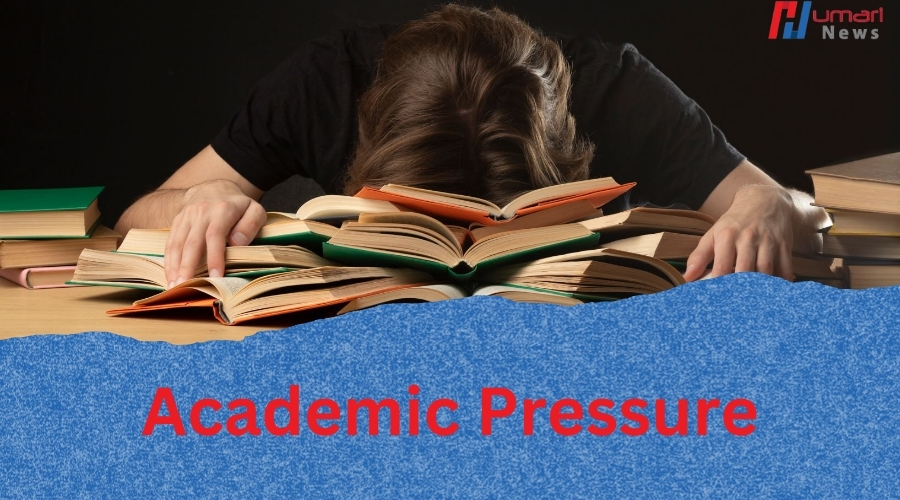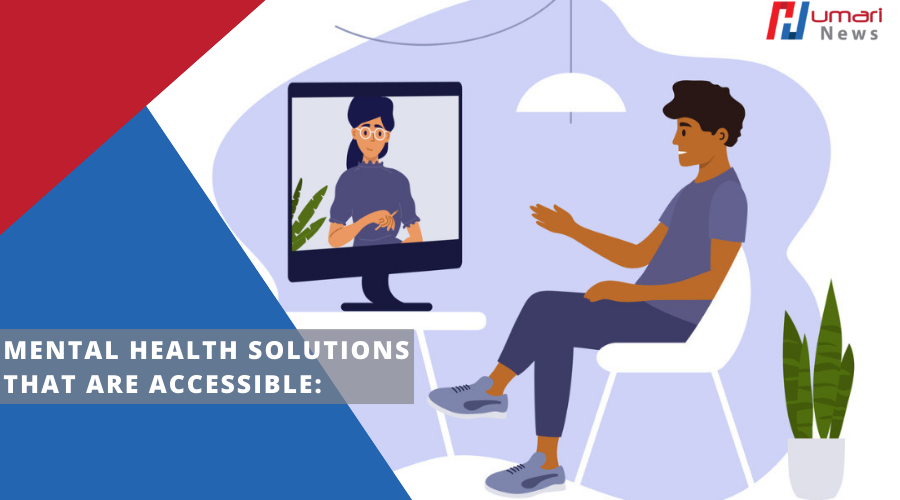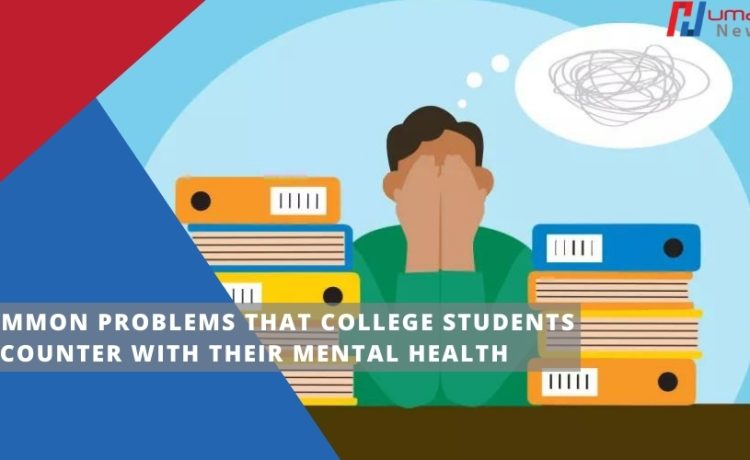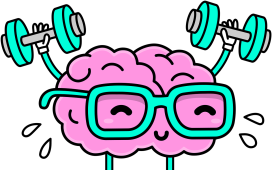The college years are undoubtedly an exciting experience to explore oneself and improve as a person. However, there are drawbacks as well, particularly in terms of mental health. It can be intimidating and overwhelming to make the sudden switch from high school to college life.
The pressures of academics, social connections, and the adjustment to independence can all have an adverse impact on a college student’s mental health.
Academic Pressure

Academics in college can be both fascinating and stressful at times. It might be challenging to introduce new concepts suddenly and in large chunks. The main causes of academic pressure are high expectations and a fear of failing. You will be able to handle this with effective time management strategies as time goes on.
Depression
Depression is one of the most frequent mental health conditions that affects the majority of people worldwide, including students. A student may get depressed due to personal or academic concerns.
Pressure to excel, pressure when they are unable to socialize with their classmates, pressure to adjust in a new setting, or any other pressure at home may harm their mental health. Students must be aware of the signals and seek help.
Anxiety
College students frequently experience anxiety as a result of the rigorous nature of their academic lives and the unknowns surrounding their future.
Severe stress may emerge from constant anxieties about grades, social approval, and post-graduate plans. Students who use appropriate coping methods, such as time management and mindfulness, can more effectively manage their anxiety.
Eating Disorder
Anxiety and stress among college students can result in a variety of eating problems. Students with poor self-esteem may indulge or restrict their food intake.
Eating disorders have a negative impact on their physical and mental health, causing them to become weak. Colleges should help students who are struggling with eating disorders and promote body positivity.
Sleep Deprivation
The other side of life, or adulthood, is examined throughout college. From discovering new cuisine outlets to waking up late at night, college life provides amazing experiences and sleepless nights. Anything in limitation is a positive indication, but continuous sleep deprivation can be harmful to your mental health.
Insufficient sleep has an effect on mood, mental health, and overall well-being. Promoting good sleeping habits and understanding the importance of rest can benefit both your sleep and your mental health.
Suicidal Thoughts
Certain kids may have thoughts of committing suicide in the darkest depths of mental health difficulties. The stigma connected with mental health issues frequently prevents people from discussing them.
Breaking down these barriers, de-stigmatizing, seeking help, and providing easily available mental health services on college campuses are critical.
Addiction
Social media is a powerful addiction that has the potential to influence kids’ lives in both positive and negative ways. Students frequently develop addictions to gaming, social media, and evolving technologies.
Mindful activities, limiting screen time, and practicing digital detox can help kids overcome their digital addiction.
Social Pressure
College social situations can be challenging to navigate, and the pressure to fit in or meet social expectations can be detrimental to one’s mental health.
Open communication on diversity, inclusion, and acceptance may minimize societal pressures and foster a more accepting environment for one another.
Strategies to Overcome these Mental Health Challenges
Encouraging Open Conversations:
When we talk openly about mental health we create a safe space for others to share their experiences and seek help without fear of being stigmatized. By promoting open conversations, we can break down barriers and encourage those struggling with mental health issues to reach out for support.
Creating Stronger Support Systems:
A safe space can be created by developing strong relationships and asking for help from friends, family, or campus resources. Having a support system in place can make a significant difference in coping with mental health challenges.
Time Management and Self-Care:
Students can successfully balance their personal and academic life when the importance of these two talents is emphasized. By prioritizing self-care and managing their time effectively, students can reduce stress and improve their overall well-being.
Mental Health Solutions That Are Accessible:

Encouraging students to seek mental health resources when needed is facilitated by de-stigmatizing mental health issues on campus. Providing information on counselling services, support groups, and self-help resources can empower students to take proactive steps towards improving their mental health.
Conclusion:
In conclusion, college is a time of great growth and opportunity, but it can also be a time of great challenge when it comes to mental health. By recognizing and addressing these common challenges, college students can better cope with stress, anxiety, and other mental health issues. Remember, it’s okay to seek help and prioritize your mental well-being during this important time in your life.







